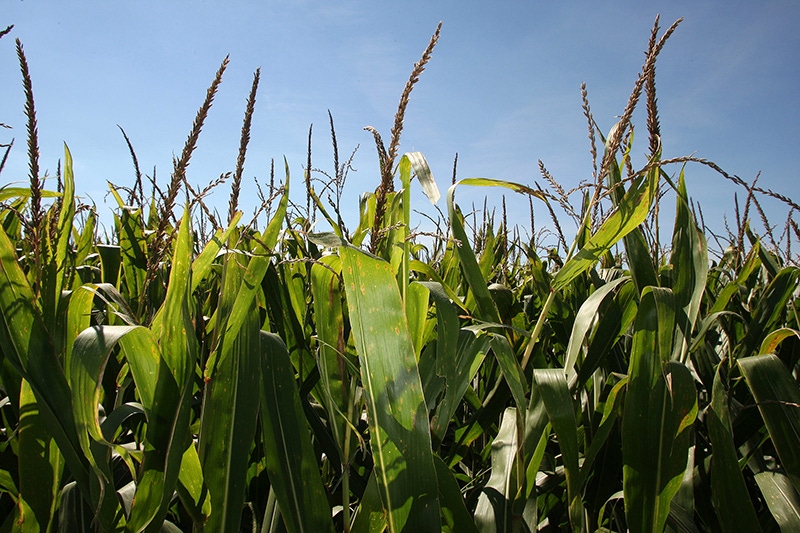
Corn farmers who “split apply” nitrogen will soon have another option for insurance coverage, according to an announcement from the USDA. Beginning in crop year 2022, USDA’s Risk Management Agency will offer the Post Application Coverage Endorsement or PACE in certain states for non-irrigated corn, providing coverage for producers who use this practice that is considered better for natural resources and saves money for producers.
To “split-apply” nitrogen, growers make multiple fertilizer applications during the growing season rather than providing all of the crop’s nitrogen requirements with a single treatment before or during planting. The PACE will provide payments for the projected yield lost when producers are unable to apply the in-season nitrogen application.
“Split application” of nitrogen can lead to lower input costs as well as helps prevent runoff or leaching of nutrients into waterways and groundwater. This is because it is used in more targeted amounts over multiple applications, rather than one large application, USDA explains.
“USDA is committed to building insurance options that encourage use of practices that are better for the environment and for producers’ bottom lines,” says RMA Acting Administrator Richard Flournoy. “We are able to offer the PACE thanks to the cooperation of our partners, including the Illinois Corn Growers Association, National Corn Growers Association, Ag-Analytics Technology Company and Meridian Institute.”
PACE was developed by the Illinois Corn Growers Association, National Corn Growers Association, Ag-Analytics Technology Company, Meridian Institute and others and submitted to the Federal Crop Insurance Corporation under provisions in the law allowing for private development of new crop insurance products. More details on PACE will be made available by RMA and Approved Insurance Providers in the coming months.
Deborah Atwood, Meridian Institute senior fellow and executive director of AGree, says the Federal Crop Insurance Program is a powerful tool for managing risk and ensuring the viability of American agriculture. Atwood applauded the Federal Crop Insurance Corporation Board for approving PACE and the Biden administration, Secretary of Agriculture Tom Vilsack and RMA for their leadership on climate-smart agriculture.
“Once it is available, this new insurance product will be a valuable tool for corn farmers across the Midwest as they adapt to changing conditions and on-farm data that shows the benefits of split-nitrogen application,” Atwood says. “We must continue to follow the data and science to ensure that the nation’s agriculture sector is resilient and strong for the long-term.”
NCGA adds in a statement, “PACE will play an extremely important role in helping farmers navigate changing weather conditions.” The organization was appreciative of the Federal Crop Insurance Corporation for seeing its value and approving its use.
“We look forward to working with USDA as it rolls out this new product,” NCGA adds.
This new crop insurance option builds upon RMA’s efforts to encourage use of conservation practices, including cover crops. For example, RMA recently provided premium support for producers who planted cover crops to help offset impacts from the pandemic. Meanwhile, RMA recently updated policy to allow producers with crop insurance to hay, graze or chop cover crops at any time and still receive 100% of the prevented planting payment. This policy change supports use of cover crops, which can help producers build resilience to drought.
The Federal Crop Insurance Corporation Board approved the PACE recently, and RMA will share additional details later this year. The sales closing date for the endorsement will be the same as the producer’s underlying corn policy.
About the Author(s)
You May Also Like






